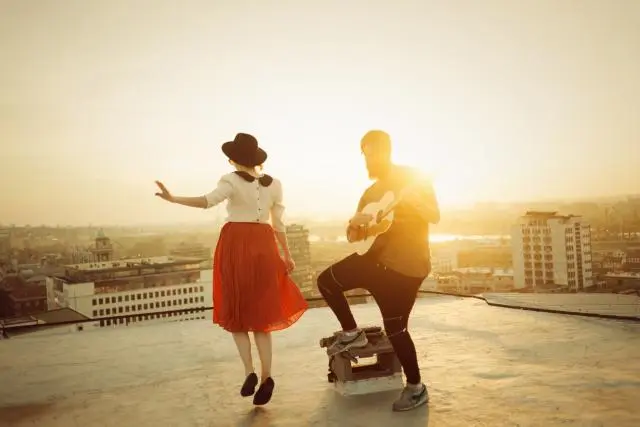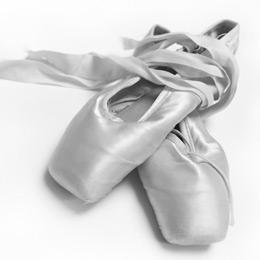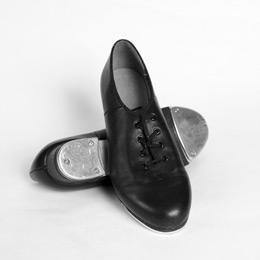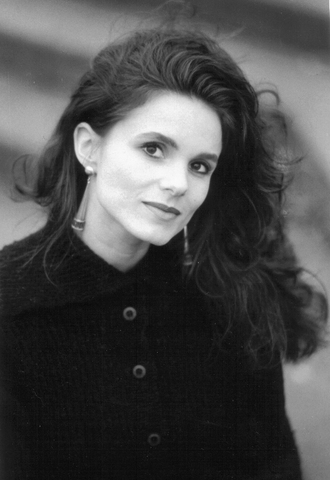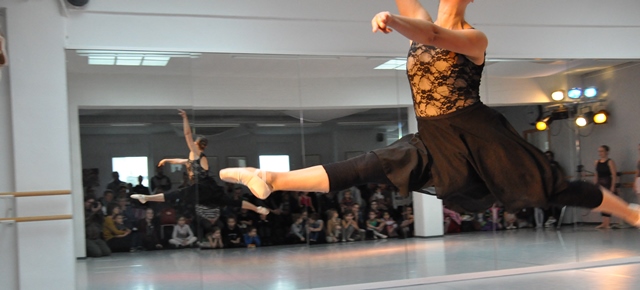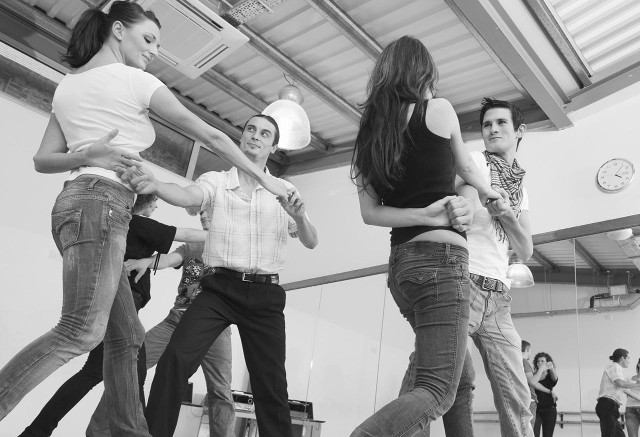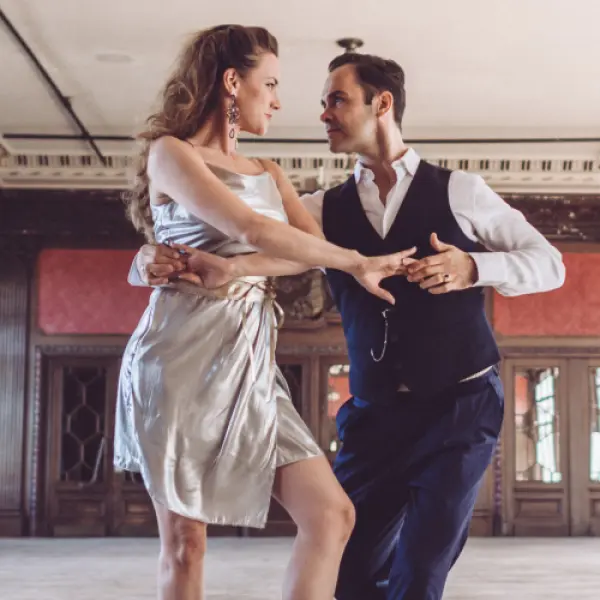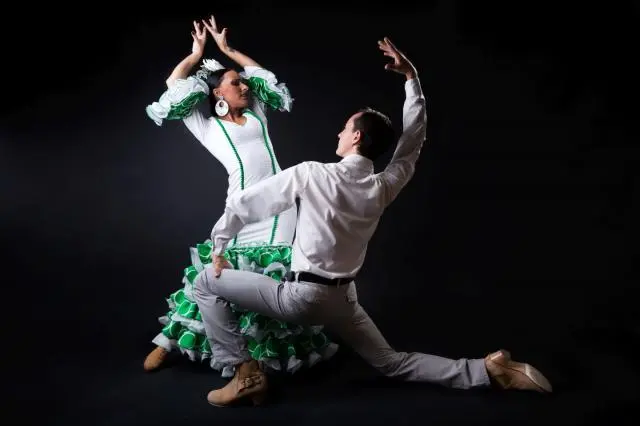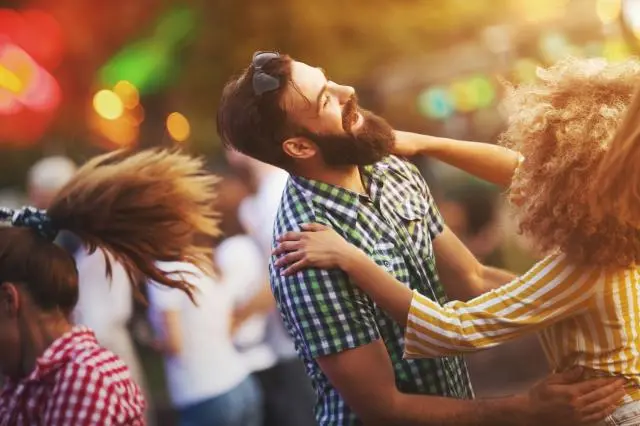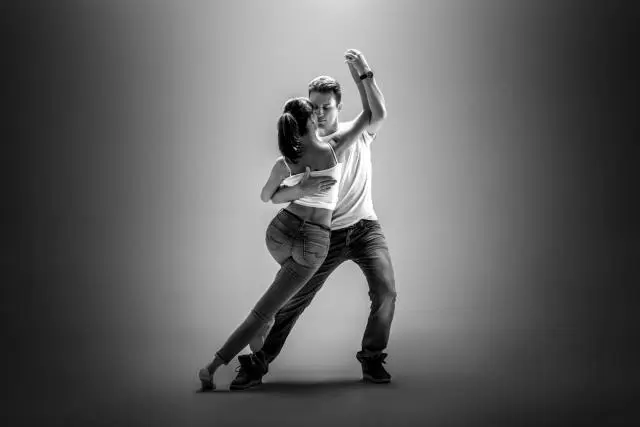Why do we dance at all - the history of dance
Very few of you have probably asked yourself the question why we like dancing so much.
What meaning does dance have for us and how has it developed?
Here you can find out more about the different dance forms and which professions have developed over the course of dance history.
To explore the origins of dance we have to go very far back in human history. So let's come to the “Bhimbetka cave painting” in ancient India. The depictions show early Hindu Dance forms with the holy god “Shiva”, who is depicted here as the “King of Dance”. In India was also between 400 and 200 BC. “The Sacred Science of Dance” was published in the 1st century BC – one of the most influential early works on the subject of “dancing”. Of course, in the early history of dance, the old ones are also allowed Egyptians are not missing. After all, there are ritual dances depicting the death and rebirth of the god Osiris played a major role for them. The movements were so technically demanding that they couldn't could be performed by anyone. The ancient Egyptians specially trained professional dancers for this purpose. The Dance of the gods was later continued in ancient Greece. The dance according to deities was also always with one certain facial expressions and gestures. From the 6th century B.C. In the 4th century BC, ecstatic dances also gained popularity in the ancient theater increasingly important. The dance term “choreography” (ancient Greek for.) also comes from this time Dance).
The next significant era in dance history is undoubtedly the Renaissance. From the 15th century onwards Ballroom dancing with mixed couples was a nice pastime and it was increasingly becoming a big one Part of noble life in Europe. This resulted in magnificent dances with singing, acting and pantomime organized. But it wasn't just the high society at court who discovered the dance. On the During seasonal festivals, the farmers danced happily and extensively. The lively dances of the social Incidentally, the upper classes of the 16th century were stylized by the lower classes. Over time have So many dance forms have developed that it is difficult to list them all in one blog article. That's why we have We select the most unique and well-known dances from the wide range of different types of dance Dance forms put together.
Dance forms
The folk dance
Folk dance is the name for religious or social community dances with vocal or instrumental music Accompaniment. Depending on the country and culture, further forms have developed from this. Internationally famous Examples of folk dances include:
- the “Hawaiian Hula”,
- the “Brazilian Samba” or
- the “Scottish sword dance”.
In the German-speaking area the following are mainly:
- the “Schuhplattler” and
- the countryman,
from which the Viennese waltz later developed. But there are also carnival dances in Germany Tradition is indispensable.
Historical Dance
Historical dance recreates dances around the world that no longer exist today. Serve as a basis written or pictorial sources for this. Worth mentioning here are:
- the Pavane, known for their traditional music
- Walking dance, of Spanish-Italian origin
- the polonaise, which is beloved in modern carnival hustle and bustle, as well
- the medieval dance.
Spiritual Dance
In dance forms such as shamanic dances, modern trance dance and church dance, means is used meditative concentration on your own body, the spiritual experience is in the foreground. Famous for this species of the dance are the Turkish dervishes or African “voodo dances”.
Stage dance
Like drama and opera, stage dance is one of the traditional performances of the theater. Numerous Dance forms were strongly influenced by “classical ballet”. At the beginning of the 20th century emerged as The countermovement to this is “the expressive dance”. This is based on individual and natural body movements. He tries to break away from the rigid, traditionally established forms. Almost developed in the USA at the same time “modern dance”. This collective term has now become aesthetically very broad Spectrum of abstract and creative dance art is offered.
Ballroom dancing
Ballroom dancing connects the dance world on an international level. In 1929 dances were first performed by English dance teachers standardized for global dance sport. The three main music genres for the Ballroom dancing includes waltz, disco and swing. In addition, they are supported by regionally emerging ones Music genres such as Latino, Salsa and Tango are added. Dance athletes must learn the classic ballroom dances from scratch on mastering.
Show dance
In show dancing, in addition to the artistic, sporting or religious aspect, the entertainment is also important viewer in the foreground. This form includes the famous “tap dance”. This one stands out mainly due to the fact that the dancers primarily use their feetact properly. Thanks to the specially studded shoes On top of that, there is also a “musical clicking sound.” Jazz and modern dance also offer a whole range entertaining dance forms, such as breakdancing, hip-hop or popping, in which the amazing, acrobatic The focus is on the artist's performance. Another group of show dances is oriental dance. From this Belly dance with its hip-stressing movements is particularly well-known in this category. The oriental dance is performed by danced by a dancer or by groups. However, the oriental one has some interpretations Dance basically has nothing to do with erotic dance. Accompanying the music can be rock, pop, hip-hop or From techno to medieval music, torches or other fire games are also used.
Other modern dance forms
Many sports also involve dancing different movements. Especially in figure skating and in In ice dancing, the athletes perform various dance forms with skates on the ice. Even that Synchronized swimming is a form of dancing. Furthermore, headbanging and even the pogo are special dance forms in the rocker scene. Since many movement sequences in martial arts are similar to expressive dance movements, These can also be viewed as a kind of dance.
Jobs
Dancer
In classical dance, training to become a dancer is structured quite differently depending on the dance form. The Training in classical dance usually takes place as a course of study at a university, while competition dance takes place as a course sports training is completed. Dancers appear in dance performances such as operas, operettas, musicals, plays or television shows. But you can also do classical ballet or social ballet Be involved in dance sports. The hard daily work of a dancer consists of dance training, rehearsals and performances.
Dance teacher (ballroom dancing)
Certified dance teachers complete classical training in Germany with a dance teacher association. After graduation, dance teachers have the opportunity to work at dance schools, in fitness studios, in a ballet school or to teach the style you have learned at a youth facility.
Dance sports trainer
Dance sports trainers are competition dancers or former dance athletes who also have required training have gone through. The trainers acquire trainer licenses for a number of dance classes here. After successful After completing the course, the dance trainer is qualified to teach all classes for which he has acquired the trainer's license has. Dance sports trainers are mainly employed by dance sports clubs. But you can also do that Giving private lessons to tournament couples.
Certified dance teacher
The title of “certified dance teacher” may only be used by teachers who have completed a specific degree or have completed appropriate training. Such a course of study is offered at dance universities. Je Depending on the focus of study, a qualified dance teacher usually teaches stage dances such as ballet, modern dance, Tap dance. After receiving your diploma, you can give dance lessons to both amateurs and professionals. Are rare Dance educators also work at state schools, theaters and ensembles.
Dance Therapist
Psychotherapists with appropriate training in dance therapy help their patients with dance and Movement, understanding experiences and processing feelings and relationships. Any kind of movement with Creative expression and communication is the core component of dance therapy. The content of the further training Becoming a dance therapist is comparable to training in artistic therapies or body psychotherapies.
Choreographer
What is the difference between a dance teacher and a choreographer? It's very simple to say Choreographer, creative author and director of a dance piece. Choreographers also complete studies at a dance college. Trained stage dancers are also allowed to work as choreographers. choreographers are often employed on a project basis or are permanently at a university or theater employed.
Dancing has shaped us since the earliest times of human history, just as it does today. Dancing connects us as a popular sport and art form. It keeps us fit and gives us more joy in life. Dancing is definitely in We can also see that there is a trend in the many dance schools or dance programs in fitness centers. We from LassTanzen would like to help you dance enthusiasts find the right offer from the variety of dance courses. Our goal is also to better network the dance community.
Other dance partners
Other dance schools
Shop
Popular blog posts about dancing
Create your dance profile on Lets-Dance
Register your dance school
Top cities
Top dances
